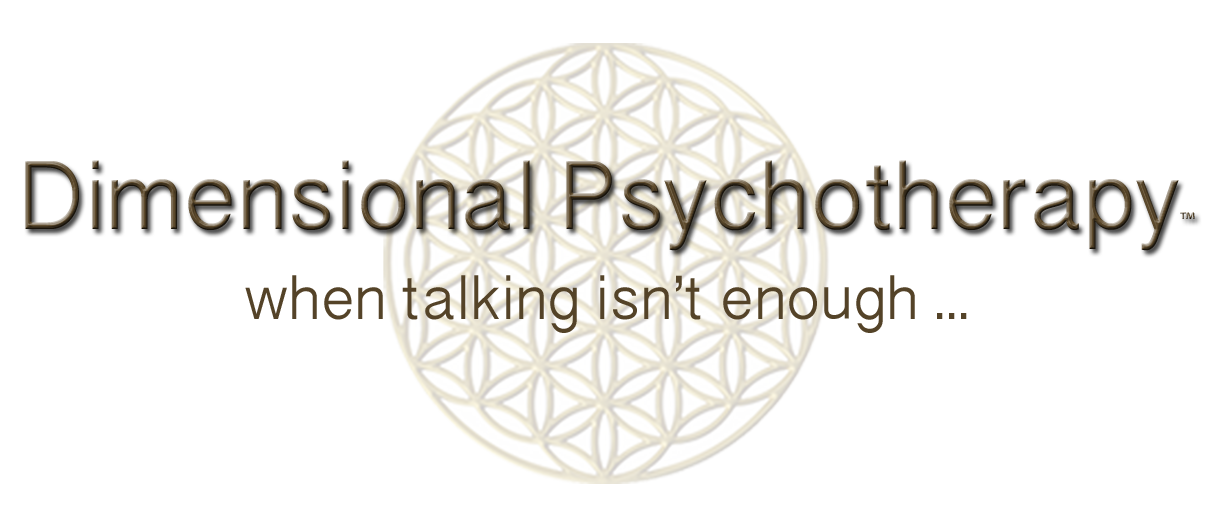What does it mean to be a compulsive eater?
Well, I start by asking this simple question, "Is food more powerful than you?" If you asked yourself and the answer feels like a yes, then you may be a compulsive eater.
If you're a compulsive eater you will have some or all of the following experiences in degrees that can vary from mild to severe: constantly thinking about food, eating when not hungry, returning to the kitchen frequently, eating very quickly, feeling numb or detached when eating, eating when no one is present, regular food binges, and/or having a powerful preoccupation with weight and body image.
A good example of a compulsive eating moment is when you’ve made the absolute decision to, “get back on the right track”, “finally get healthy”, “drop some weight before that vacation”, and the next thing you know (whether it be a few hours or a few days later) you’re standing in front of the fridge with a spoon! In one instance you really, really … really want to drop 20 lbs, and then all of a sudden eating leftover ice cream cake is all that matters!
That pendulum swing from confident self-control to detached consumption and then back again to guilt ridden self-questioning is a hallmark of compulsive eating.
So what should you do?
Do let go of the idea that you simply have a self-control issue
If you are suffering from compulsive eating in any form it will be very helpful for you to stop looking at it as an inability to exert self-discipline. A problematic relationship with food is, in part, the result of neurologically based patterns of behavior. Patterns that are real and have very strong influence. At times you may be able to maintain self-control over your eating, even for long periods of time, but for someone who compulsively eats this can be a very fragile situation. So the sooner you begin to understand that maybe, just maybe this is more than a mere self-control issue the better.
Do let go of the belief that the solution can be found outside of you
Chances are you have tried almost all (if not all) of the weight loss products/programs/powders/pill etc. but still feel helpless in the presence of food. Unfortunately, you will most likely not find the solution outside of yourself. The long term answer won’t be found on a calorie counting smartphone app, at a Weight Watchers meeting, or with an expensive personal trainer. They are what I call, "external sources of self-control". These are all perfectly healthy and useful tools, however, none of them, alone, will repair your relationship with food permanently.
Do find an experienced therapist
Next you have to get to the heart of the matter. You have to do some digging with a trained therapist that can help you identify the underlying causes of your problematic relationship with food. I know, I know… you might be thinking, "Talking about my past is not going to change my present." But the truth is, it can and it will. In order to properly address a compulsive eating issue one must initiate "internal sources of self-control" and the only way to do that is to understand where the issue came from.
Do start being kinder to yourself
I understand that staring at the bottom of a Haggen Daz® container causes a lot of mixed emotions. Guilt and self-loathing may be two of the most powerful ones. Please begin to practice some self-compassion. This will come much easier once you recognize that there is more to this than just finding a way of “keeping your mouth shut” (as many people have been told - quite hurtful, huh?) So please, be gentle with yourself.
Don't
Do not do as others do
Now all of this compulsive overeating stuff sounds pretty common doesn't it? That's because… it is. And its the very high prevalence that can be the reason people don’t properly address it. Many assume its just the way it is. Everyone yo-yo diets; everyone obsesses about food; everyone eats when they are not hungry. So one may acquiesce and just do as everyone else is doing… keep yo-yo dieting. Just because it is common, and often an accepted plight, try to take matters into your own hands and do what will be right for you. See Do #3.
Do not go on extreme fad diets or exercise programs
It is tempting to subscribe to the next big weight loss fad; the commercials are so convincing! But if there is a compulsive eating issue, these options will only be short term solutions at best. If you want to repair your relationship with food for good you have to make a decision to be in it for the long haul and get to the underlying issues.
Do not be ashamed
There is a wide range of severity and with some of the more severe forms of compulsive eating there may be some intense “symptoms”. Consuming very large amounts of food, eating at all hours of the night, eating bizarre combinations of food, stuffing, etc. This is part of the struggle and many will hide this type of behavior and be too ashamed to talk about it. Please try to find that self-compassion and create the space for you to get the kind of help that will help.
I encourage you to take a minute and ask yourself, “Does food feel more powerful than me?” If the answer is yes, even sometimes, and you really want to find a way to improve your relationship with food permanently, please consider finding a psychotherapist and begin the process of understanding why this struggle exists in the first place.

